Apple has officially responded to the Beeper Mini controversy, confirming it cut off the Android app's access to iMessage citing "significant risks to user security and privacy."
The shutdown of Beeper Mini's access to the iMessage network on Friday was sudden, and it was believed to have been instigated by Apple. Late on Saturday, Apple confirmed it to be the case.
In a statement provided to The Verge, Apple explains "We took steps to protect our users by blocking techniques that exploit fake credentials in order to gain access to iMessage."
The iPhone maker added that the techniques used posed "significant risks to user security and privacy," with those risks including metadata exposure, unwanted messages, spam, and phishing attacks.
While Beeper says it is working to fix its app, Apple's statement indicates it will "continue to make updates in the future to protect our users," making it difficult for the app to exist on the platform.
In its response, Beeper posted to X that it stands behind the app, and insists Beeper Mini keeps messages private and boosts security when compared to unencrypted SMS.
"For anyone who claims otherwise, we'd be happy to give our entire source code to mutually agreed upon third party to evaluate the security of our app," it adds.
On Friday, Beeper founder Eric Migicovsky questioned Apple's decision, asking "If Apple truly cares about the privacy and security of their own iPhone users, why would they stop a service that enables their own users to now send encrypted messages to Android users, rather than using unsecure SMS?"
Apple's full statement follows:
At Apple, we build our products and services with industry-leading privacy and security technologies designed to give users control of their data and keep personal information safe. We took steps to protect our users by blocking techniques that exploit fake credentials in order to gain access to iMessage. These techniques posed significant risks to user security and privacy, including the potential for metadata exposure and enabling unwanted messages, spam, and phishing attacks. We will continue to make updates in the future to protect our users.
 Malcolm Owen
Malcolm Owen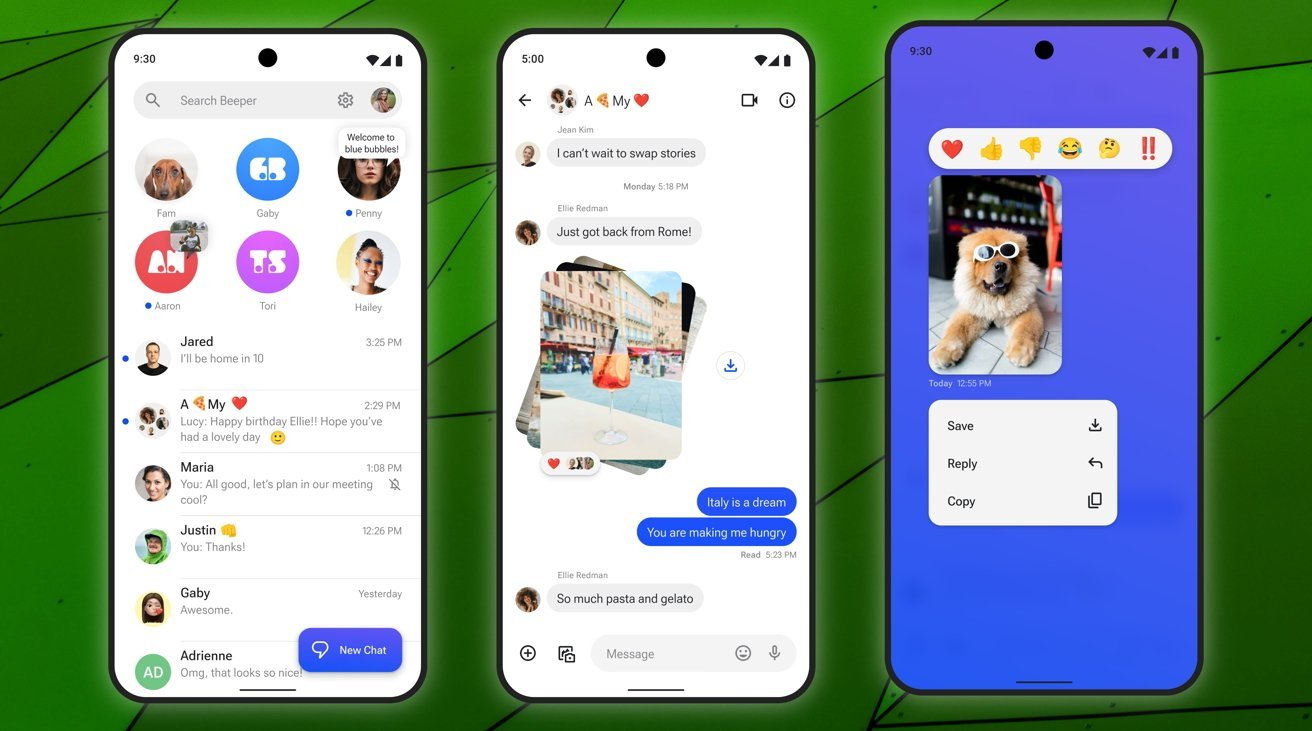














 Charles Martin
Charles Martin

 Sponsored Content
Sponsored Content
 AppleInsider Staff
AppleInsider Staff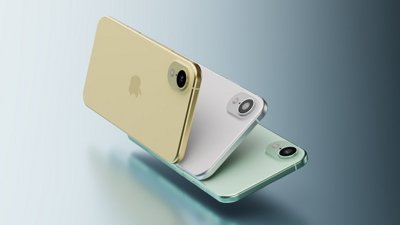
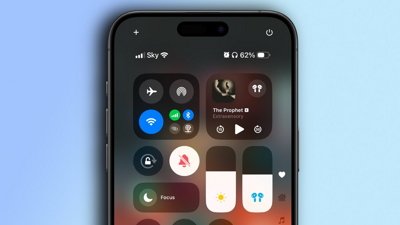
 Oliver Haslam
Oliver Haslam
 Andrew O'Hara
Andrew O'Hara
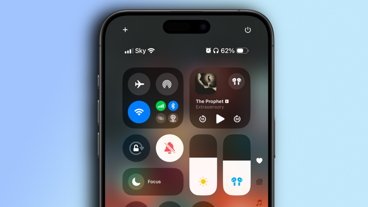

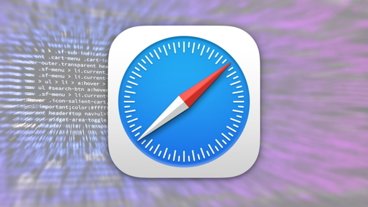






10 Comments
I am assuming that one of the concerns is the spammer could hide behind the “blue bubble”. (?)
If any user could use iMessage system like Google’s Gmail, then we could be pestered with spam text appearing to be from legitimate users. All the spam emails I have been receiving originated from Gmail, and Google can’t seem to keep up with closing down spammers hiding behind their Gmail services; and also the telephone companies can’t seem to keep up with the telephone number spoofers.
I think it is wise to shut this down until they could figure out a manageably safe way to open up their servers.
My response to Beeper is that I control who I want to message. When I see a SPAM message in green, it's my choice whether I want to block this caller or read the message. When I see a blue message, I can be assured that this message is being secured with proper security then determine whether I want to block or respond to the sender. In other words, it's my choice not the sender's whether I want to accept the message. I don't want any government agency forcing me to accept messages or email, that's my choice not their's. I buy Apple products and choose what other products I want to install on my Apple products. I refuse to be forced to install or accept products I don't want on my devices.